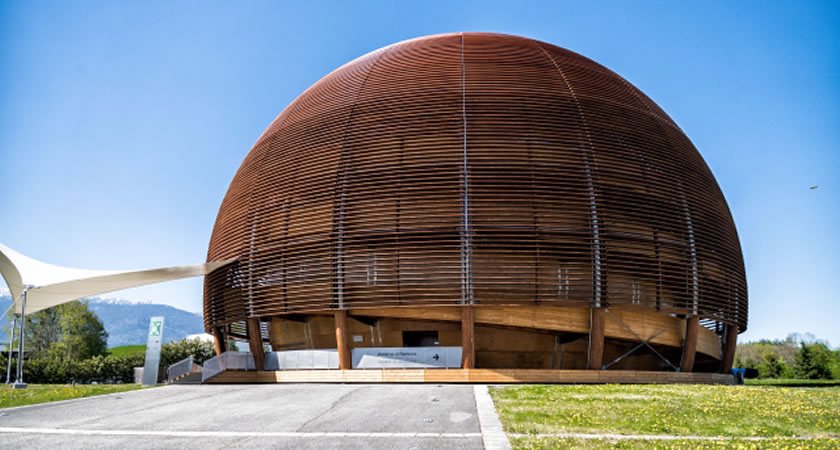The 15th IDPASC Summer School will be held in Natal, Brazil, in July 2026, immediately before the 43rd International Conference on High Energy Physics (ICHEP 2026). The school will be hosted by the International Institute of Physics – UFRN in collaboration with the IDPASC Network.
Event WebpageOur News
What we have and are working on
Latest News
In Memoriam José Bernabeu Alberola
I am sharing the sad news of the death of our colleague on the IDPASC-SAC committee, José Bernabeu Alberola, professor emeritus at the University of Valencia.
(Alberto Ruiz Jimeno, Spanish coordinator at IDPASC-EB)
The Physics Division of the GSSI – Gran Sasso Science Institute (L’Aquila, Italy) is opening 10 Ph.D. positions in Astroparticle Physics, starting in the Academic Year 2024/2025.
Applicants typically have undergraduate degrees in physics, astrophysics or related fields, and are drawn from among the most talented students around the world.
The GSSI is a center for advanced Studies and Research, located in the city of L’Aquila, Italy and operating in the fields of Astroparticle Physics, Mathematics, Computer Science and Social Sciences (www.gssi.it).
Astroparticle Physics at GSSI includes both experimental and theoretical projects on high energy cosmic radiations, underground rare event searches, gravitational waves, multi-messenger astrophysics and neutrino physics.
The research activities are carried on in close collaboration also with the nearby INFN Gran Sasso National Laboratory (https://www.lngs.infn.it/en).
More information on GSSI lines of research can be found here: https://www.gssi.it/research-area/physics-research.
The official language for all Ph.D. courses is English. The fellowships are awarded for a 4 years time span, with a yearly gross amount of 16.243,00 Euros.
Moreover all Ph.D. students receive free accommodation at the guest house during the first year, and for the remaining three years they are provided with a financial support of 350,00 Euros gross/month to cover accommodation.
They receive free luncheon vouchers for all 4 years.
Tuition is waived and an individual health insurance is issued to cover any accident and/or injury that may occur during the four years of Ph.D. program.
Finally, each student is granted a contribution of 1.200,00 Euros for the purchase of a laptop for studying and research purposes.
Then, travel and additional funds come from the research group that will host the student for her/his thesis project.
The applications must be submitted through the online form available at http://www.gssi.it/phd/ by May 23rd 2024 at 3 pm (Central European Summer Time).
Candidates from all countries, ethnicities and genders are strongly encouraged to apply, in the spirit of inclusivity that characterises the Institute.
Short-listed candidates will be invited for an interview, to be held either at GSSI or via remote connection.
Further information can be found at this links:
https://www.gssi.it/
https://www.gssi.it/education/studying-at-gssi
https://www.youtube.com/watch?v=XhupJeXXv8Y
https://www.gssi.it/communication/announcements/item/25220-phd-call-for-applications-2024-25-now-open
Contact: applications@gssi.it or call +39 0862 4280433.
The Particle Physics and Instrumentation Group at the Instituto de Física de Cantabria is seeking
applications for a postdoctoral position. Our group specializes in the development of highly
sensitive instruments with exceptional background rejection capabilities for dark matter
experiments. We are currently at the forefront of research involving low-threshold, single-quanta
skipper CCDs, aimed at directly detecting dark matter. Our primary focus is on the DAMIC-M
project, which will either make the first observation of light dark matter-electron scattering or
establish world-leading limits in the sub-GeV mass range. In addition, we are actively engaged in
sensor research and development for the OSCURA experiment, set to be constructed in 2028 at
SNOLAB, with the goal of achieving lower background levels.

Calendar
IDPASC in Numbers
Some statistics of the program.






